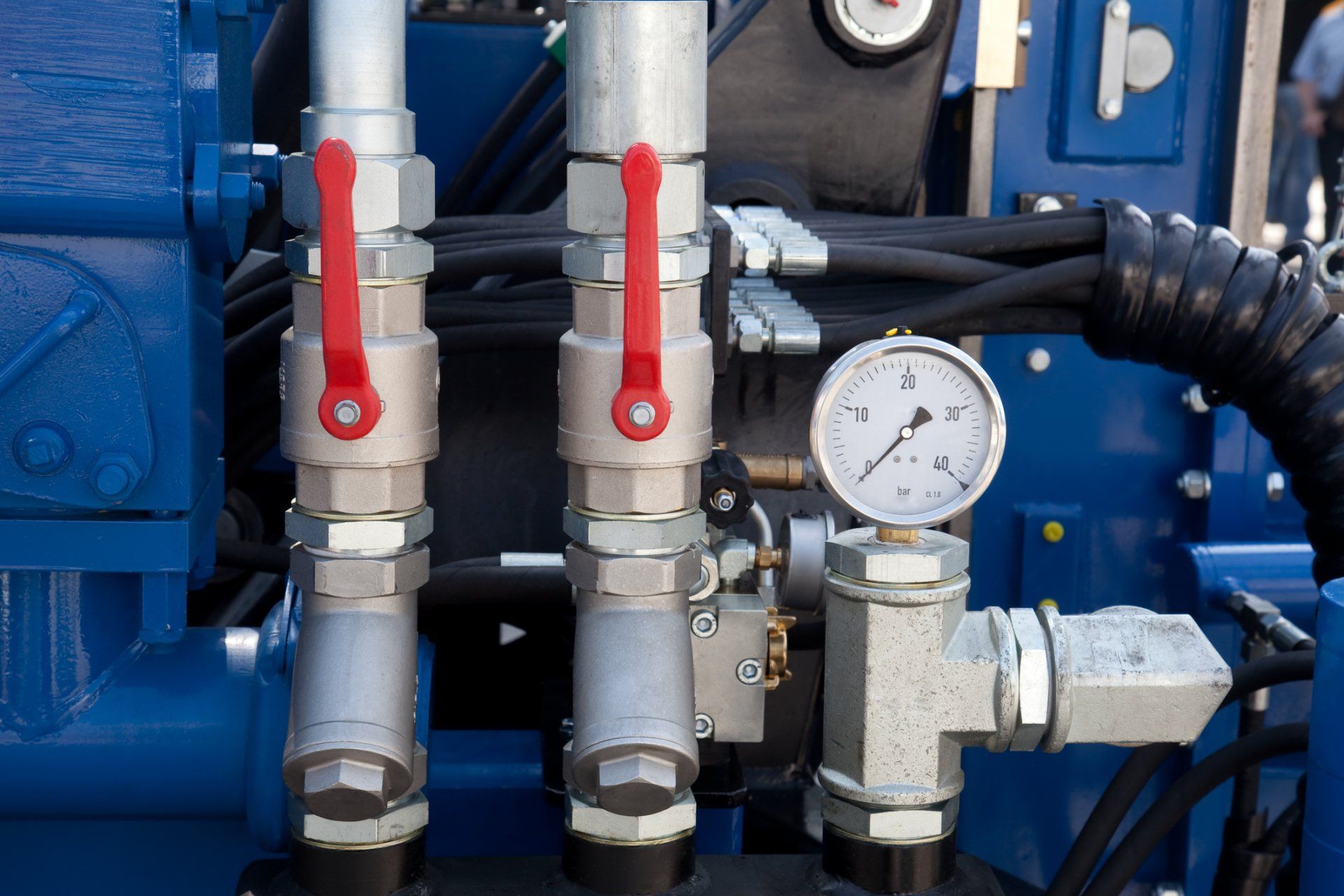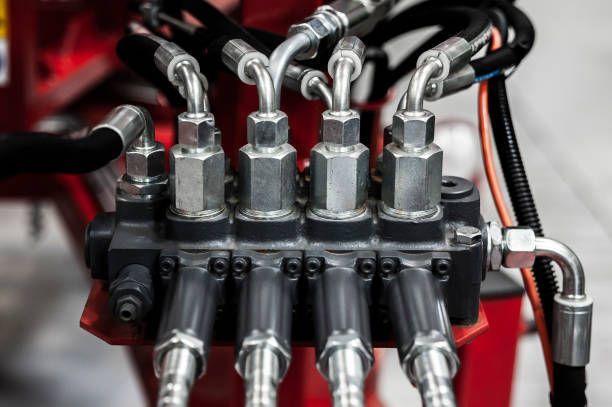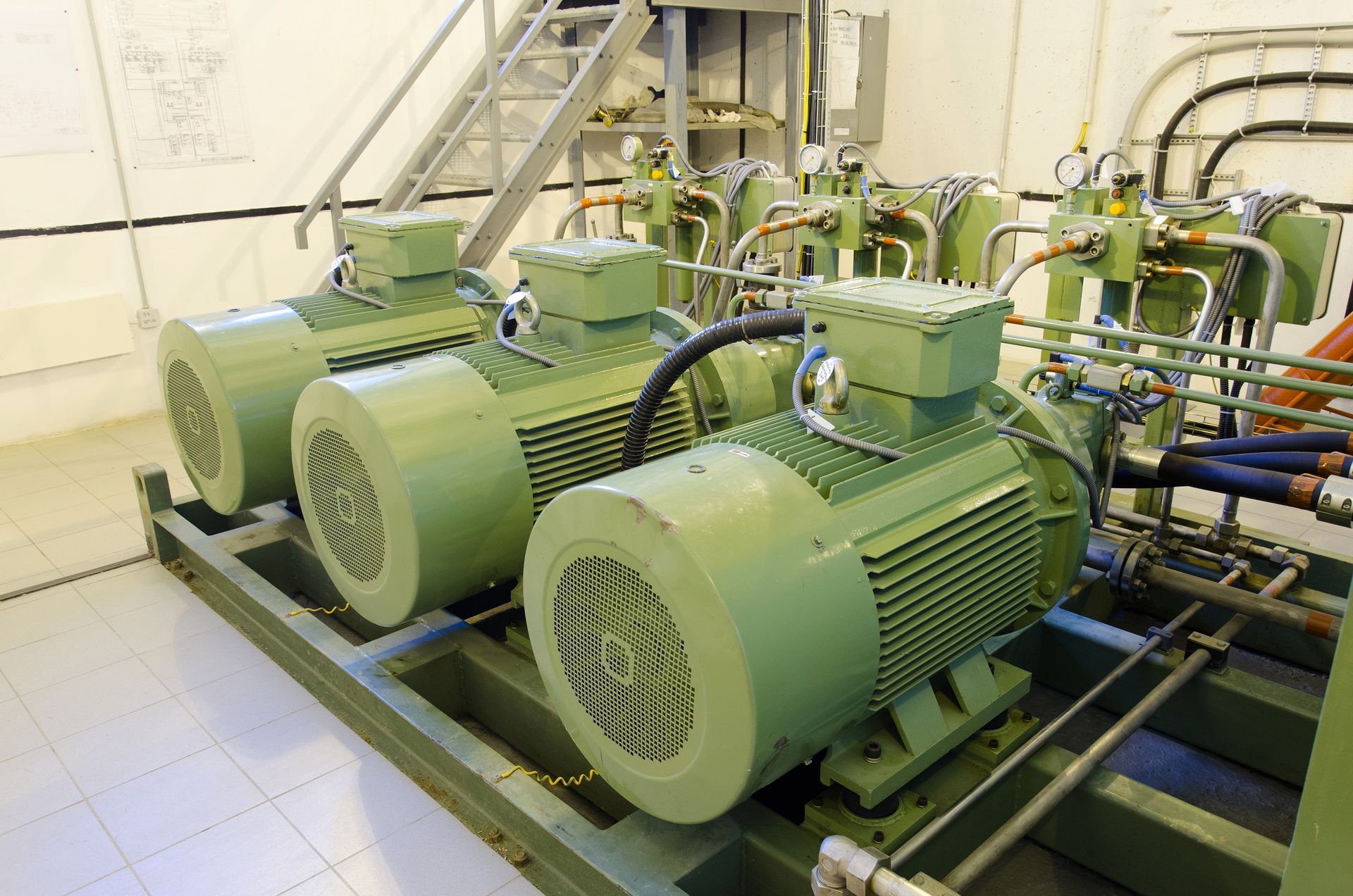Common Hydraulic Operation and Maintenance Mistakes to Avoid
Even the tiniest mistakes during hydraulic equipment operation and maintenance can cost you a lot. The errors may turn minor problems into significant issues that kill the efficiency of the equipment. You may also have to spend a fortune on hydraulics repairs or replacement. Read on to learn about common hydraulic equipment mistakes to avoid and save yourself from such troubles.
Oil Change Mistakes
Hydraulic oil is expensive. You cannot afford to change it before it degrades as that leads to money wastage and system downtime. Furthermore, if you change the hydraulic oil before its ideal time, you increase the risks of fluid contamination, which adversely affects the entire system and makes it hard for you to reach your bottom line.
Follow the manufacturer's guidelines on how often you should change the hydraulic oil. The frequency of oil changes depends on service hours, but you need to consider other variables, including:
- The depletion of additives
- Air and water contamination levels
- The operation temperatures
Water, heat, and aid contaminations make hydraulic oil degrade faster. Therefore, invest in quality system maintenance and clean it regularly if you want the fluid to last long.
Use of Wrong Type of Hydraulic Fluid
Hydraulic fluid plays a range of roles to ensure the efficient operation of your system. First, it is responsible for power transmission through the equipment. It also lubricates components within the hydraulic and lowers the chances of oxidation.
You must be cautious with the type of oil you choose for your hydraulic; otherwise, the wrong fluid will lower the equipment's efficiency, performance, and lifespan of its components.
The oil viscosity shouldn’t be too high or too low. If the viscosity is low, the hydraulic oil cannot adequately protect the system's components. In return, premature wear and failure of the pumps and motors can occur. Moreover, lack of protection results in generated contamination that further compromises the system's efficiency and lifespan.
On the other hand, if the viscosity of the hydraulic oil is too high, it cannot lubricate the system parts efficiently. Consequently, the components will wear prematurely. In the same way, high viscosity causes high fluid friction that may cause system power losses, which increases downtime cases.
Seek help from a hydraulic expert to advise you on the best hydraulic oil to protect your system's functionality and longevity.
Improper Filters Installation
Don't assume that all filters are equal. The functionality of a hydraulic filter primarily depends on how and where you place it. You should avoid the pump inlet and the drain lines if you want to extend the longevity of your system.
For starters, filters in the pump inlet restrict intake. Consequently, it shortens the life of the motors, piston pumps, and gear pumps. In the same way, filters in the drain line reduce the service life of the pump and motors, which lowers your chances of meeting your bottom line.
You should also be keen with the time you choose to change hydraulic filters. Suppose you replace the filters before the recommended period. In that case, you waste money, cause downtime, and increase contamination risks — similarly, failure to change the filters after the advised period results in clogs that compromise hydraulic flow. Eventually, the blockage causes hydraulic fluid bypasses that destroy other hydraulic components.
It would help to monitor the filter's pressure drop to determine if you need to replace the filters. A high-pressure drop signifies that you need to change the filters, while a low-pressure drop may indicate that the filters are already clogged.
Now that you understand the common hydraulic mistakes to avoid, you are in a better position to prevent sudden breakdowns and maximize your company's profitability.
Contact us at Quad Fluid Dynamics Inc. for further inquiries about hydraulic systems and how to maintain them efficiently.



